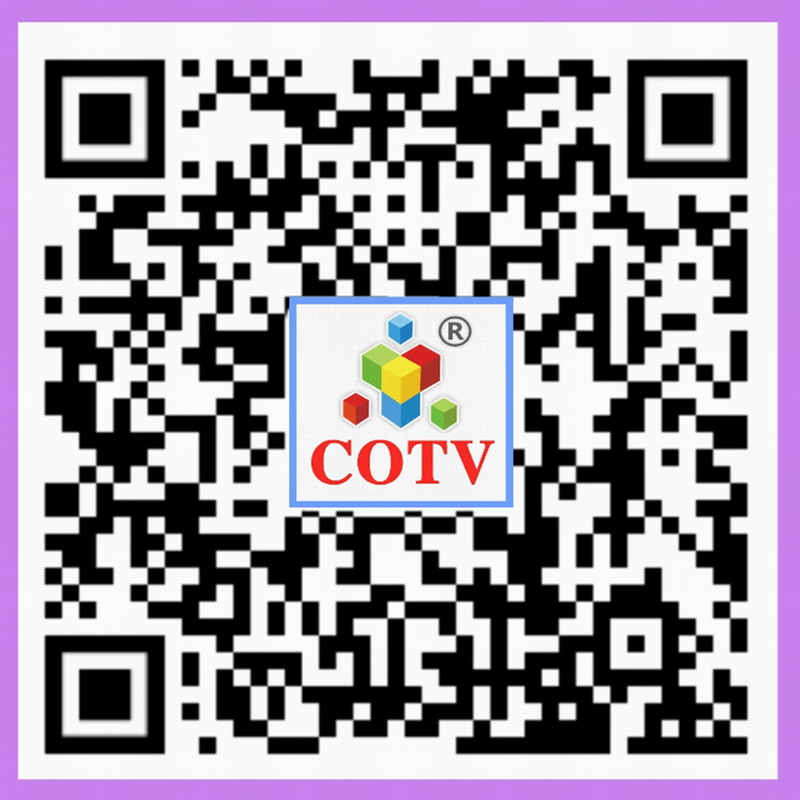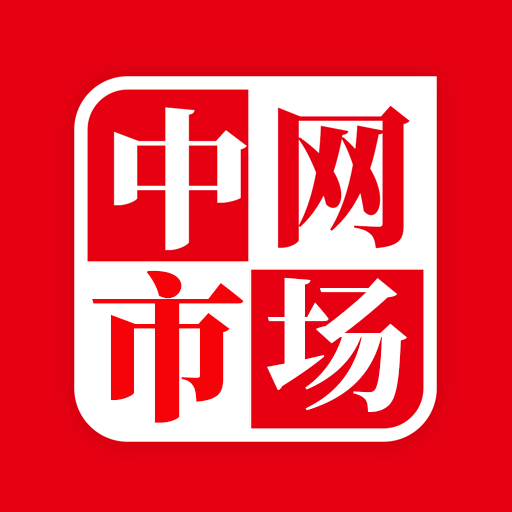- Industry: Clothing / Leather / Textile
- Time: 2024/08/07 - 08/10 (Wed To Sat Total 4 Days) Error Correction
- Address: Kuala Lumpur · Malaysia Kuala Lumpur Convention Centre MalaysiaKuala Lumpur Kuala Lumpur City Centre 50088 Kuala Lumpur Malaysia
- Sponsor:Organizing Committee of the 2024 Malaysia International Textile, Chemical and Printing Exhibition
- Organizer:Organizing Committee of the 2024 Malaysia International Textile, Chemical and Printing Exhibition
- Telephone:13918530615
- Contact:Li Na
- Mobile:13918530615
- Address:Kuala Lumpur City Centre 50088 Kuala Lumpur Malaysia
INTRODUCTION

2024 Malaysia International Textile Chemical and Printing Exhibition Expo
Exhibition Name: 2024 Malaysia International Textile, Chemical and Printing Exhibition
Exhibition location: MITEC Kuala Lumpur Exhibition Center Exhibition time: August 7-10, 2024
Exhibition Introduction:
The 2024 Malaysia International Textile, Chemical and Printing Exhibition will be held from August 7-10, 2024 at the Kuala Lumpur Exhibition Center in the capital of Malaysia. This exhibition will provide a good opportunity for enterprises interested in expanding the Malaysian textile market. This exhibition is the largest and only textile industry exhibition and sales platform in Malaysia. At the same time, the Malaysia International Textile Fabric and Accessories Expo and the 2024 Malaysia International Textile Machinery and Accessories Expo will also be held. The three exhibitions will be held simultaneously in the same hall, showcasing product categories including raw materials, fabrics, fibers, textile yarn, printing and dyeing chemicals, textile and clothing machinery, and related products required by the textile industry. The expected number of visitors can reach 20000.
Overview of Textile Market:
1. The situation of the textile and clothing industry
The Malaysian textile industry is mainly composed of four sectors, namely basic textiles (spinning, weaving, printing and dyeing post-processing, etc.), clothing manufacturing, textile finished products and accessories. The spinning and weaving industries account for a relatively low proportion, while the printing and dyeing and clothing industries are relatively mature in development. According to statistics from the Malaysian Investment and Development Authority, there are currently 970 registered factories in the Malaysian textile industry, including 400 clothing factories and 570 textile, weaving, knitting, and finishing factories, which have solved the employment of 68000 workers.
(1) The textile industry has always been a key industry for Malaysia's development
The government has always attached great importance to and supported the development of the textile and clothing industry, which is reflected in: firstly, focusing on creating branded products domestically and encouraging its brands to export to multiple countries; The second is to establish textile and fashion centers, which not only provide consulting services for the industry, but also provide necessary vocational and technical training for workers; The third is to gradually improve the investment law, which has attracted more and more foreign investment in industries. Foreign investment has not only brought funds to the textile and clothing industry, but also new equipment and process technologies; The fourth is to actively carry out research and development work within the industry, striving to develop towards high value-added and diversified products. By investing in the latest automation equipment and technology, we actively seek cooperation with foreign enterprises to further enhance their competitiveness in the global market. The fifth is that the government has introduced a new tax incentive policy (ACA policy) under the 2015 fiscal budget to accelerate the transition of the manufacturing and service industries from labor-intensive to high value-added, high-tech, and innovative industries, namely the automation capital reduction policy. The textile and other industries can receive a 200% automation capital subsidy according to the new policy.
(2) The textile industry is one of Malaysia's top ten export industries
In 2016, the total export value of textiles and clothing was MYR 13.3 billion (approximately USD 3.2 billion), accounting for approximately 2.1% of the total export value of the national manufacturing industry. The United States, Japan and Türkiye are the main export countries of Malaysian textiles and clothing. The United States is Malaysia's largest export market, with exports accounting for over 16% of the total. China is the main import market for Malaysian textiles and clothing. In 2017, Malaysia imported textiles and clothing from China worth 2.918 billion US dollars, accounting for 77.23% of Malaysia's total global imports. In 2017, Malaysia exported Chinese textiles and clothing worth 206 million US dollars, accounting for 6.65% of Malaysia's total global product exports.
2. Malaysia's investment environment and preferential policies
(1) Basic information
Malaysia has always been committed to improving the investment environment, enhancing investment incentives, and attracting foreign investment into related industries in Malaysia. In 2017, Malaysia ranked 23rd out of 190 economies globally in terms of business environment, second only to Singapore in the ASEAN region. Due to its unique geographical advantages and a comprehensive investment legal system, it has attracted companies from various countries, including Chinese companies, to invest in Malaysia.
In recent years, with the deepening of the "the Belt and Road" initiative and international production capacity cooperation, China Malaysia economic and trade cooperation has yielded fruitful results. In 2016, China's investment in Malaysia was US $1.83 billion, ranking third in China's investment in the "the Belt and Road" countries, after Singapore and Israel. At present, China is the largest Source of foreign investment in Malaysia's manufacturing industry. In 2017, China invested 21 projects in Malaysia's manufacturing industry, with an investment amount of 950 million US dollars, ranking first. The Daiyin Textile Malaysia spinning project is currently the largest textile project invested by China in Malaysia.
(2) Related preferential policies
The main preferential policies for Malaysia to attract foreign investment include: (1) In the manufacturing and specific service industries, foreign investment can be 100% fully invested; (2) Unregulated foreign exchange. Funds, interest, bonuses, and profits can be freely remitted without any restrictions In terms of hiring foreign employees. Key positions can be permanently granted to foreign nationals, and time limited positions can be granted to foreign nationals for 1-5 years as needed Investing in emerging industries can enjoy a 70% or 100% reduction in corporate income tax for 5 years/10 years Imported raw materials, machinery, and equipment are exempt from tariffs Qualified capital expenditures can enjoy a 5-year 60% or 100% investment tax reduction and exemption preferential treatment Reinvestment can continue to receive a 60% investment tax exemption on qualified capital expenditures for 15 years.
3. Development opportunities and challenges in the textile industry
(1) Development opportunities
① Complete infrastructure. The highway network is relatively developed, with highways connecting major urban centers, ports, and important industrial areas. There are a total of 8 international airports in the country, which are one of the important air hubs in Southeast Asia. With over 30 foreign ports, Klang Port and Tanjung Paraba Port are both among the top 20 container ports in the world, and 95% of the country's trade is completed through sea transportation.
② An open investment policy. The Malaysian government has introduced a series of new measures to promote investment growth, including the establishment of the National Investment Commission; Transforming the Investment Development Bureau into an enterprise and granting more authority. The incentive policies and preferential measures for foreign investment mainly come in the form of tax reductions and exemptions, divided into two types: direct tax incentives and indirect tax incentives. Direct tax incentives refer to partial or complete reduction or exemption of income tax for a certain period of time; Indirect tax incentives appear in the form of exemption from import tax, sales tax, or consumption tax. Starting from June 1, 2018, the government abolished the consumption tax.
③ Cost of production factors with international competitiveness.
The supply of raw materials such as water and electricity is sufficient, and the cost is relatively low. Industrial water consumption is below 35 cubic meters, with a unit price of $0.20-0.79 per cubic meter; More than 35 cubic meters, priced at (0.26-0.90) US dollars. Industrial users charge a monthly sewage treatment fee of $0.6-0.8 per person based on the structure of the factory building.
Industrial electricity is divided into low-voltage electricity and high-voltage electricity, with slightly different electricity prices in the east and west. In the West Malaysia Peninsula, each kilowatt hour of electricity is approximately (0.05-0.13) US dollars, while in Sabah, East Malaysia, each kilowatt hour of electricity is approximately (0.05-0.11) US dollars.
The labor market in Malaysia remains stable, with a total population of 31.7 million, of which 60% are annual employees. The average monthly salary of workers is about $260 (base salary).
④ A favorable economic and trade environment. As of 2016, Malaysia has signed a total of 13 free trade agreements, involving a market population of approximately 2.7 billion. Malaysia has signed bilateral free trade agreements (FTA) with 7 countries including Australia, Japan, New Zealand, India, Chile, Pakistan and Türkiye. The regional free trade agreements currently under negotiation include RCEP, the European Union, EFTA, and Hong Kong, China.
Scope
Dyes, additives, intermediates, organic pigments/pigments, descaling agents, enzyme textile chemicals, fine chemical products, basic chemical raw materials, chemical cleaning agents, detergent raw materials, electronic chemicals, inorganic chemicals, laboratory chemicals, functional chemicals, etc.

Costs & Precautions
Contact
- Telephone:13918530615
- Contact:Li Na
- Mobile:13918530615
- Address:Kuala Lumpur City Centre 50088 Kuala Lumpur Malaysia
Disclaimer
The information on this site comes from the network and related members, and the website has done its duty to review it. Due to the uncontrollability of the process of organizing the exhibition, some of the exhibition information in the station may change the subject matter, Extending or cancelling the event, please exhibitors and visitors must check with each other again before exhibiting! All the exhibitions in this site are not hosted/co-organized or organized, if there are any disputes during the exhibition, please hold the main responsibility of the exhibition organization! QQ Email: 523138820@qq.com WeChat: 523138820 Mobile: 15313206870











